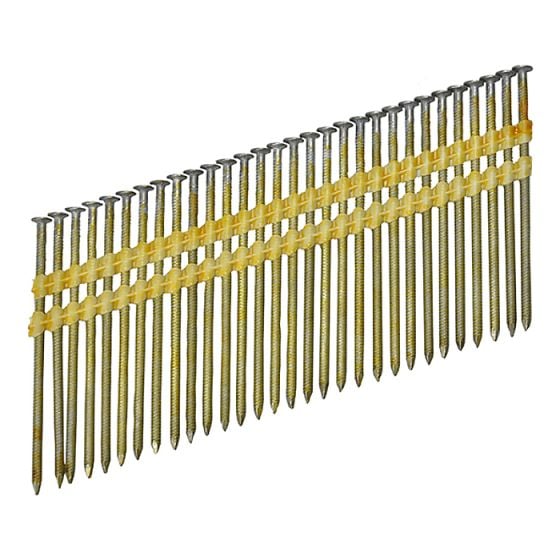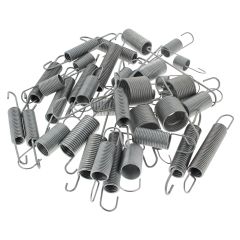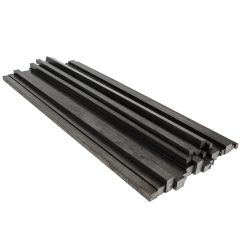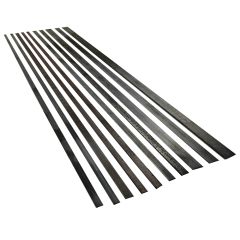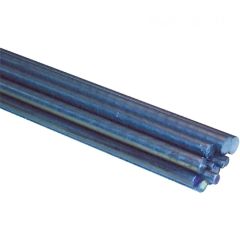Description
Galvanised stick nails in the PL Series F21, N79 are designed for durability and corrosion resistance. Featuring a full round head, these nails are preferred in construction for their holding power. Available in smooth and ring shank varieties, they cater to different needs, with ring shank offering superior grip. The 21° collation angle suits overlapping heads, ensuring efficient use in various applications.
Reviews
Add a review
Write Your Own Review
Ask a Question
Customer Questions

